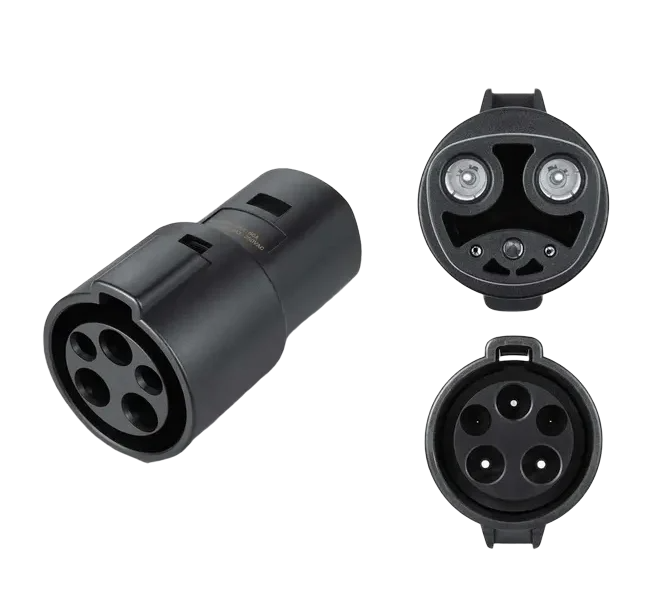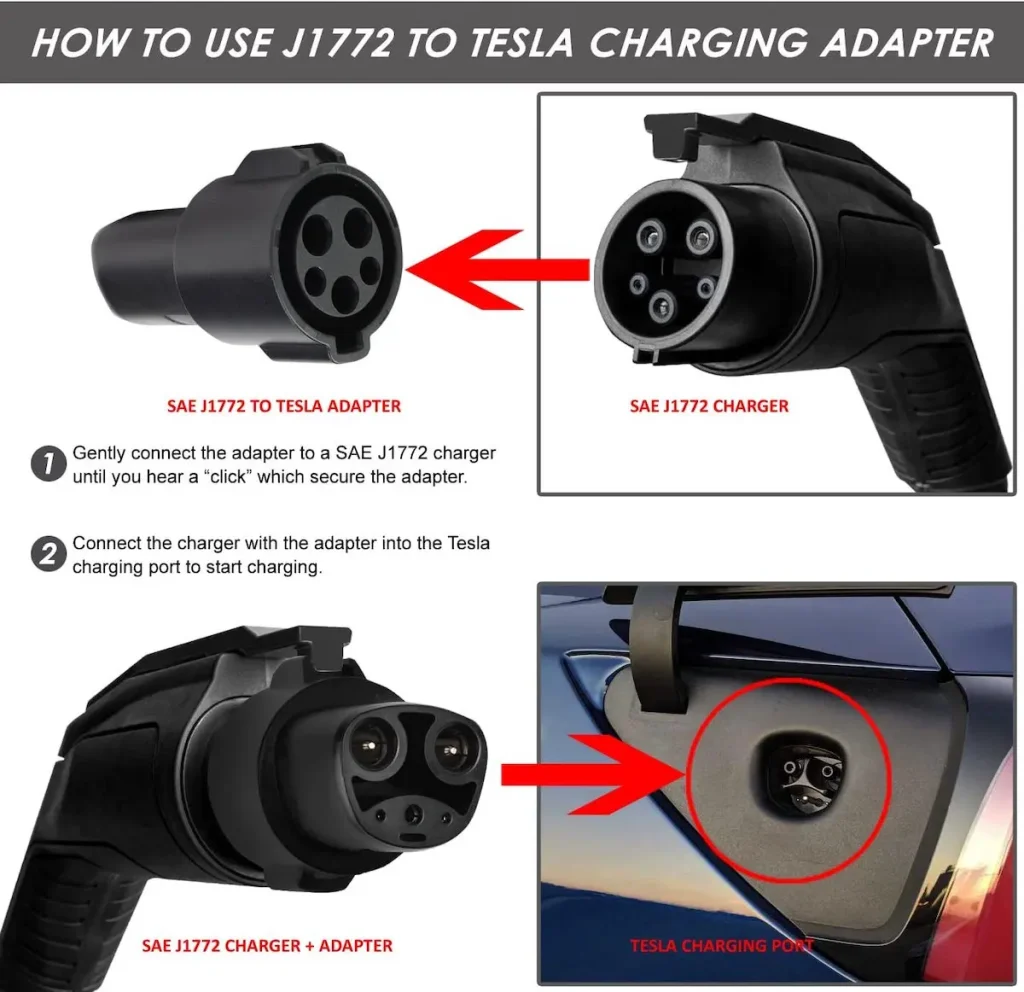Not sure about choosing a charger? Try our revamped Charger Finder!
Try our revamped Charger Finder!
- For Installations
- All our chargers come with a 1 year warranty
- Free Shipping
May 31, 2024
The automotive world is embracing electrification, with an expanding array of electric and plug-in hybrid cars hitting the market. Government and the automotive industry through subsidies, incentives, tax reductions and rebates are expanding the EV and plug-in hybrid menu.
All of the major automakers have significant EV or plug-in fleets from Tesla with S/X/Y range, BMW, Mercedes and Kia and Hyundai with their respective EV6 and Ioniq 5 models. The availability and supply of electric vehicles (EVs) is increasing rapidly, and this momentum will only grow as new models enhance performance, range, and appeal. Long range plug-in hybrid vehicles will also accelerate the transition acting as a steppingstone toward full electrification. From the e-tron range from Audi, to the IX range from BMW, each model further extends the selection of options. The latest range of forthcoming EVs is here.
Sales of new light-duty plug-in electric vehicles, including all-electric vehicles (EVs) and plug-in hybrid electric vehicles (PHEVs), reached 608,000 in 2021, which was double 2020. Plug-in hybrid sales accounted for around 20% of all electric sales.
With millions of EVs on the road, a critical question arises: Are there enough charging stations to support this growing fleet and prevent drivers from experiencing range anxiety or breakdowns during trips (especially as trips in the U.S. can be longer compared to Europe)? Top of mind for consumers are speed of charging, available charging options, range anxiety and charging infrastructure.

With millions of EVs on the road, a critical question arises: Are there enough charging stations to support this growing fleet and prevent drivers from experiencing range anxiety or breakdowns during trips (especially as trips in the U.S. can be longer compared to Europe)? Top of mind for consumers are speed of charging, available charging options, range anxiety and charging infrastructure.
If you’re considering adding electric vehicles to your fleet, becoming an EV owner or upgrading from a plug-in hybrid to an electric vehicle, there are range of commercial and residential charging solutions.
Commercial charging stations are expanding, especially in states such as California. Recent government policy changes offer significant incentives for the installation of commercial charging stations. Commercial charging stations generally refer to direct current (DC) charging. These charging stations will generally “fill” a battery in 30 to 50 minutes, depending on the DC charge acceptance rate of your vehicle. These are charge speeds only available at commercial installations. A list of the biggest commercial charging companies and their network is here.
AEFA is a leading residential EV charging company that has been selling residential EV chargers in the U.S. since 2019. The 240 volt level 2 electric vehicle (EV charger) with J1772 charging connector is one of the sturdiest EV chargers on the market. The charger provides a complete charging solution, which includes a charging carry case, cable protector (when cables are ran under the garage door) and a high-quality hanger for the control box and cable. The charger is compact, programmable to different power settings and has a delayed charging feature along with a 25 long charging cable to ensure charging no matter where you park.
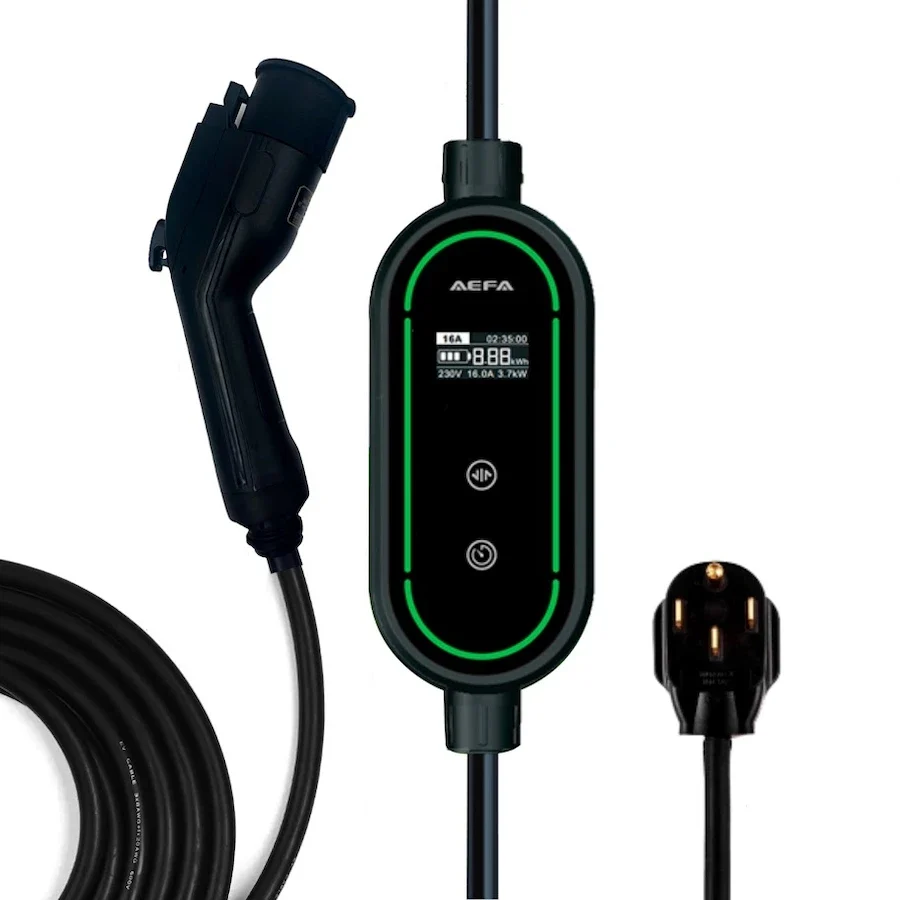
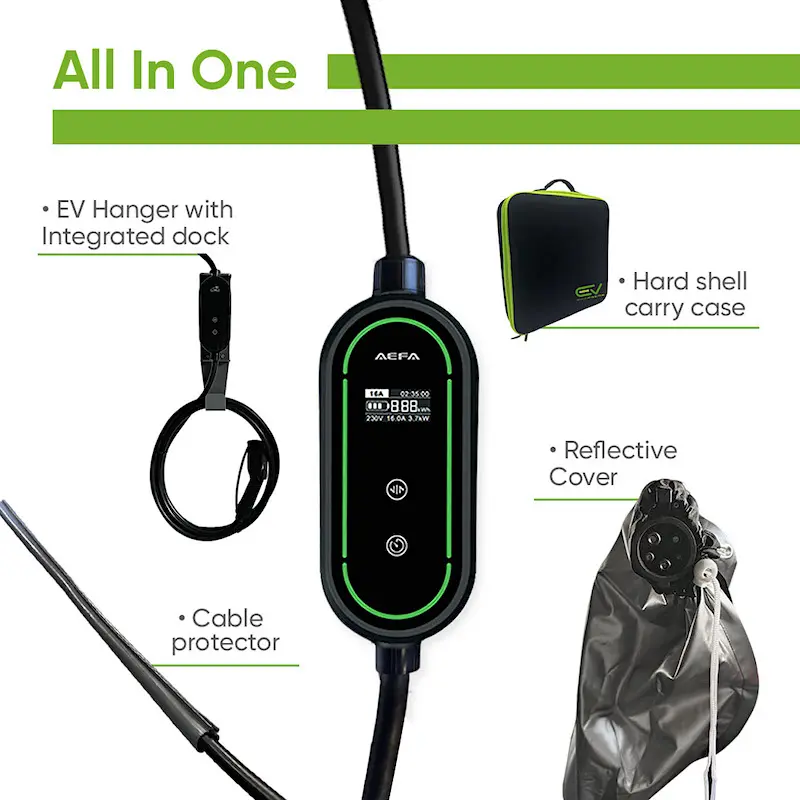
Non J1772, non Tesla chargers are also known as Tesla EV chargers or NACS Tesla chargers. This is because Tesla uses a NACS connector instead of a J1772 type connector.
The AEFA Tesla EV chargers provide all the benefits of home EV charging or portable EV charging for Tesla vehicles. The charger head includes the Tesla button and the AEFA charger cable is longer than most other commercially available chargers.
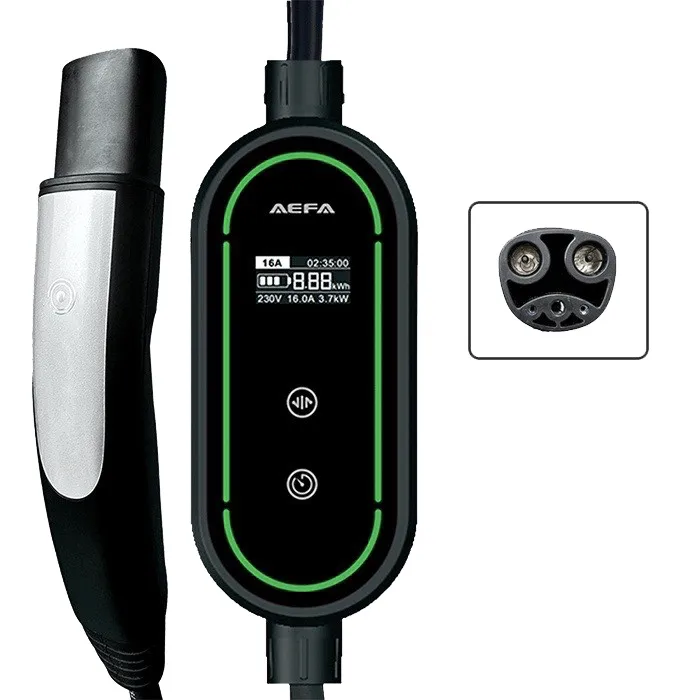
There are several use situations whereby homeowners look to purchase adapters. These adapters allow homeowners to convert their Tesla EV charger into a non-Tesla / J1772 EV charger. Homeowners that want the flexibility to allow friends and relatives visiting to charge their vehicle overnight. Other use situations, include homeowners with both Tesla and non-Tesla or homeowners that do not have additional capacity for another EV charger on their breaker, so adapt a current J1772 adapter.
The AEFA Tesla to J1772 adapters offer up to 40amps of charging and work with all J1772 chargers. It is compatible with the Tesla High Power Wall Connector, Destination Charger and Mobile Connector. The AEFA adapter product is not compatible with the Tesla Supercharger.
The AEFA Tesla to J1772 adapters offer up to 40amps of charging and work with all J1772 chargers. It is compatible with the Tesla High Power Wall Connector, Destination Charger and Mobile Connector. The AEFA adapter product is not compatible with the Tesla Supercharger.
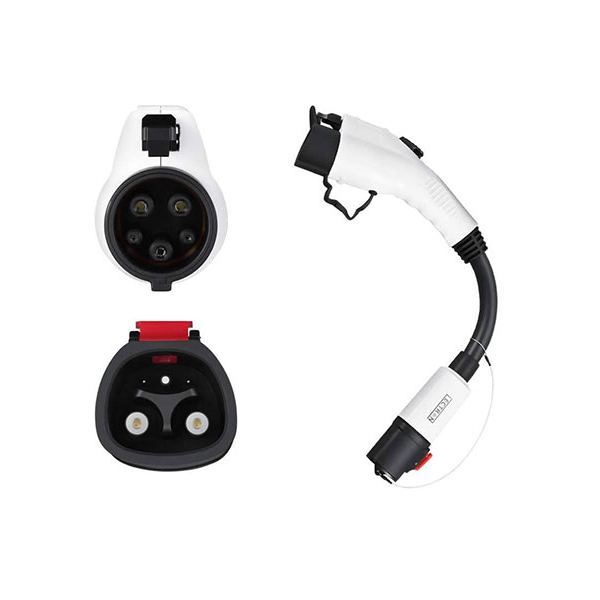
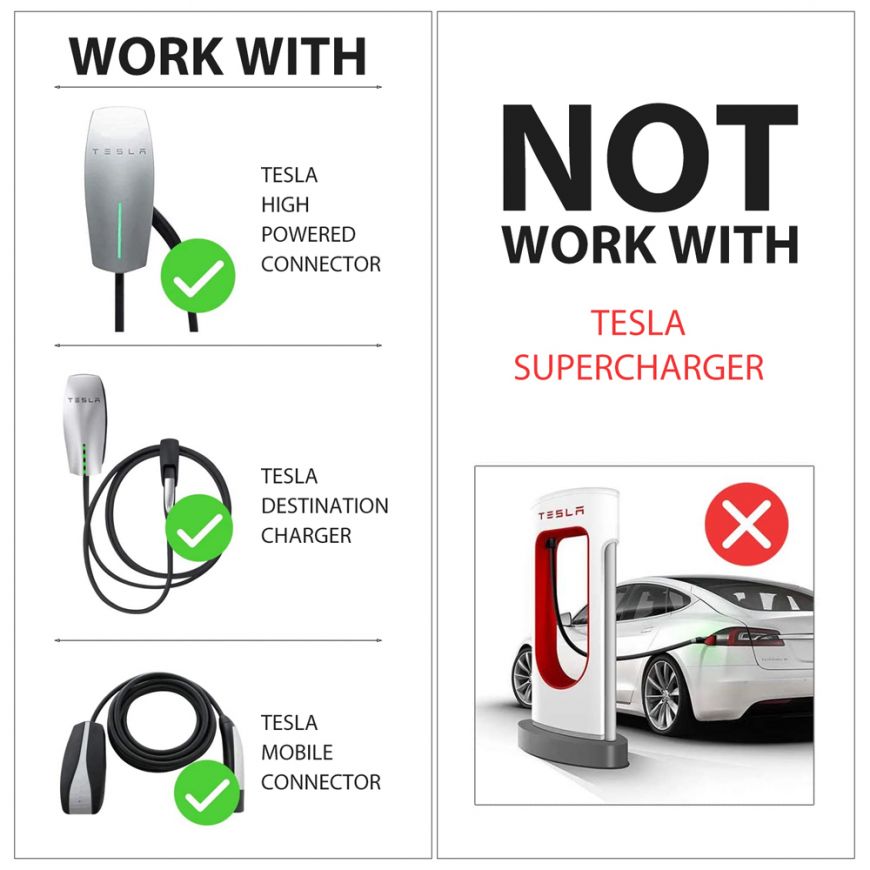
The AEFA J1772 to Tesla Adapter is the perfect companion for your Tesla accessory side. It allows any Tesla driver to use a J1772 charging station or EV charger, providing many more charging options beyond Tesla. The adapter enables compatibility of any level 1 or level 2 EV charging stations for your Model 3/Y/S/X.
